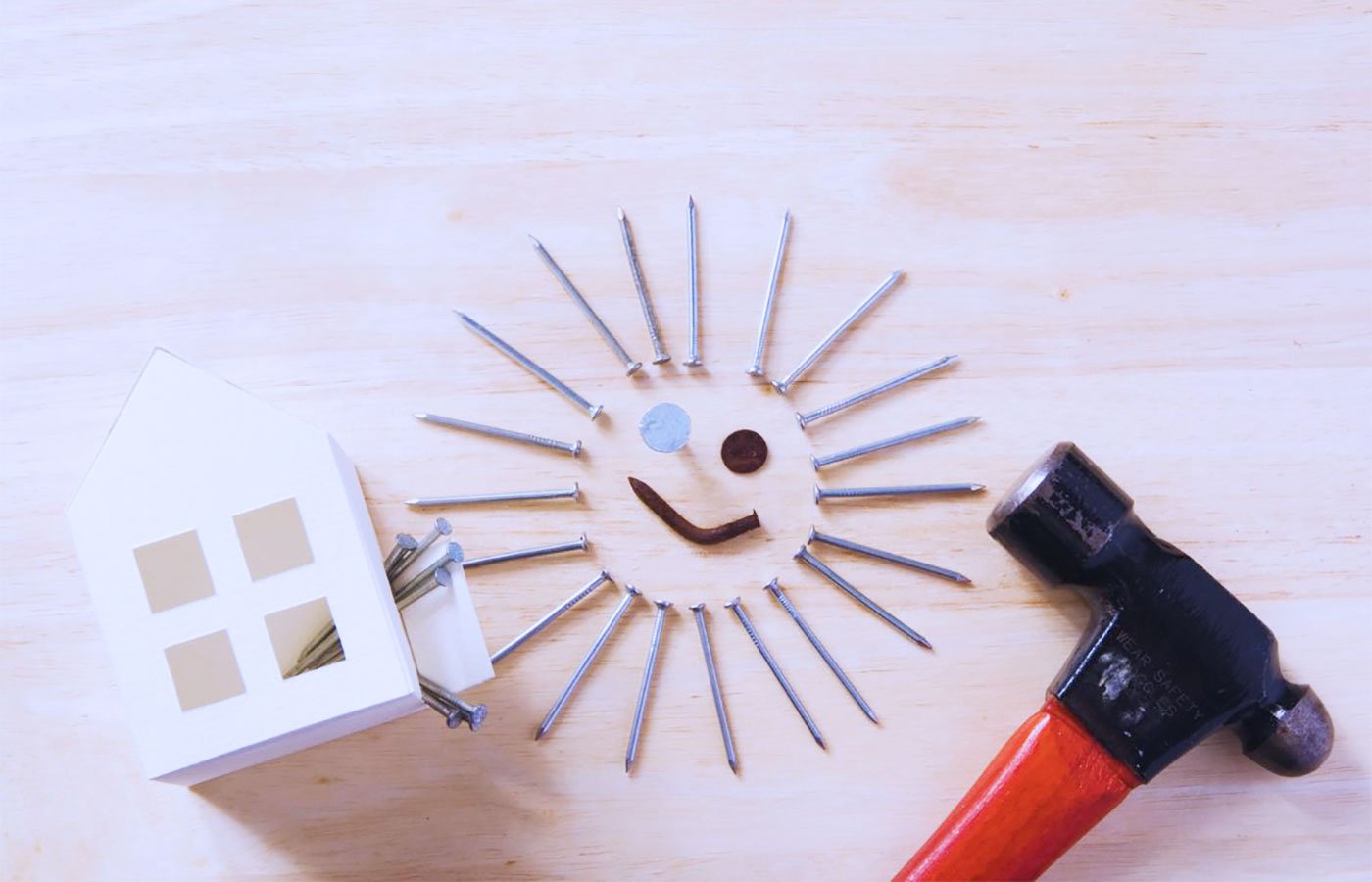Saint Catharines Real Estate
Find Latest MLS® Properties For Sale

The Pros and Cons of Buying a Fixer-Upper
Buying a fixer-upper can be a thrilling adventure or an intimidating endeavour, depending on your perspective and preparation. For those considering this route, remember to weigh the benefits against the potential pitfalls.
The Pros of Buying a Fixer-Upper
Lower Purchase Price
One of the most compelling reasons to buy a fixer-upper is the lower initial cost than move-in-ready homes. These properties are often priced below market value, offering a more affordable entry point into the housing market.
Customization Opportunities
Fixer-uppers provide a blank canvas for your creativity. You can design and remodel the home to suit your tastes and needs. From choosing the layout to selecting finishes, you can personalize every aspect of your home.
Potential for Equity Growth
Investing in a fixer-upper can lead to significant equity growth. By renovating and improving the property, you can increase its market value, potentially making a substantial profit if you decide to sell.
Learning and Skill Development
Taking on a fixer-upper project can be a valuable learning experience. Whether you're handy or hiring professionals, you'll gain insights into home construction and maintenance. This knowledge can be beneficial for future homeownership and projects.
Less Competition
The market for fixer-uppers is often less competitive than that for move-in-ready homes. Many buyers are deterred by the prospect of extensive renovations, giving you a better chance to secure a property without a bidding war.
Tailored Living Space
You can tailor the living space to your specific needs. The possibilities are endless, whether you create a home office, add an extra bathroom, or design an open-plan kitchen.
The Cons of Buying a Fixer-Upper
Unexpected Costs
Renovating a fixer-upper can be stressful with unexpected expenses. Hidden structural problems, outdated electrical systems, or plumbing issues can quickly inflate your budget.
Time-Consuming Renovations
Fixing up a home takes time--sometimes much more than anticipated. Managing a renovation project can be stressful and demanding, particularly if you're juggling other responsibilities like work or family.
Financing Challenges
Securing financing for a fixer-upper can be more challenging than a standard home purchase. Traditional mortgages might not cover extensive renovation costs, requiring you to seek alternative financing options such as renovation loans.
Stress and Inconvenience
Living in a construction zone can be highly inconvenient and stressful. Noise, dust, and the constant presence of contractors can disrupt your daily life and add to the overall strain of the renovation process.
Risk of Over Capitalization
There's always a risk that the cost of renovations will exceed the increase in the home's value. Over capitalization can occur if you invest too much in upgrades that don't add commensurate value, making it harder to recoup your investment if you sell.
Potential for DIY Disasters
For those attempting DIY renovations, there's a risk of mistakes that could lead to higher costs in the long run. Inexperience can result in subpar workmanship, which might necessitate professional repairs later on.
Tips for Success with a Fixer-Upper
- Before purchasing, conduct a thorough home inspection to identify potential issues. Hire professionals to evaluate the property's condition and estimate renovation costs accurately.
- Create a detailed budget that includes a contingency fund for unexpected expenses. Be realistic about what you can afford and prioritize essential repairs and upgrades.
- While DIY can save money, some tasks require professional expertise. Consider hiring contractors for complex projects to ensure quality work and compliance with building codes.
- Develop a clear renovation plan with prioritized tasks. Focus on essential structural and safety repairs before cosmetic improvements.
- Renovations can take longer than expected. Patience and flexibility are key to managing the process without undue stress.
Buying a fixer-upper can be rewarding, offering the chance to customize a home and build equity. However, it has its challenges, including unexpected costs and time-consuming renovations. By carefully weighing the pros and cons and planning meticulously, you can turn a fixer-upper into your dream home while minimizing risks and maximizing rewards.
Published courtesy of Royal LePage® Benchmark on Jul 26th, 2024